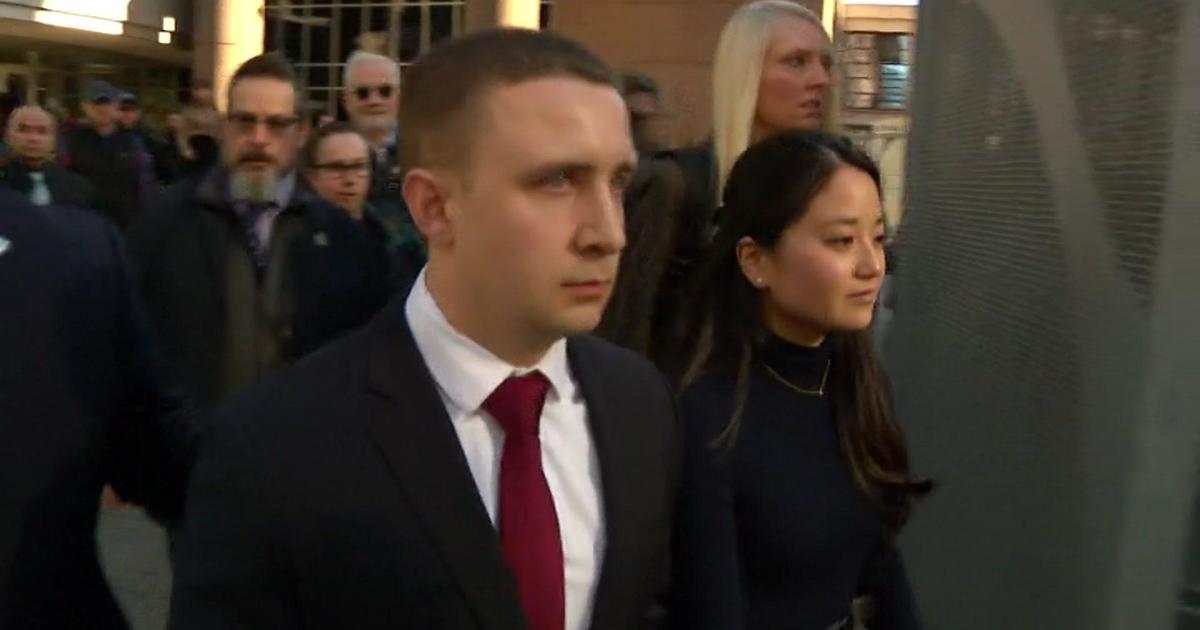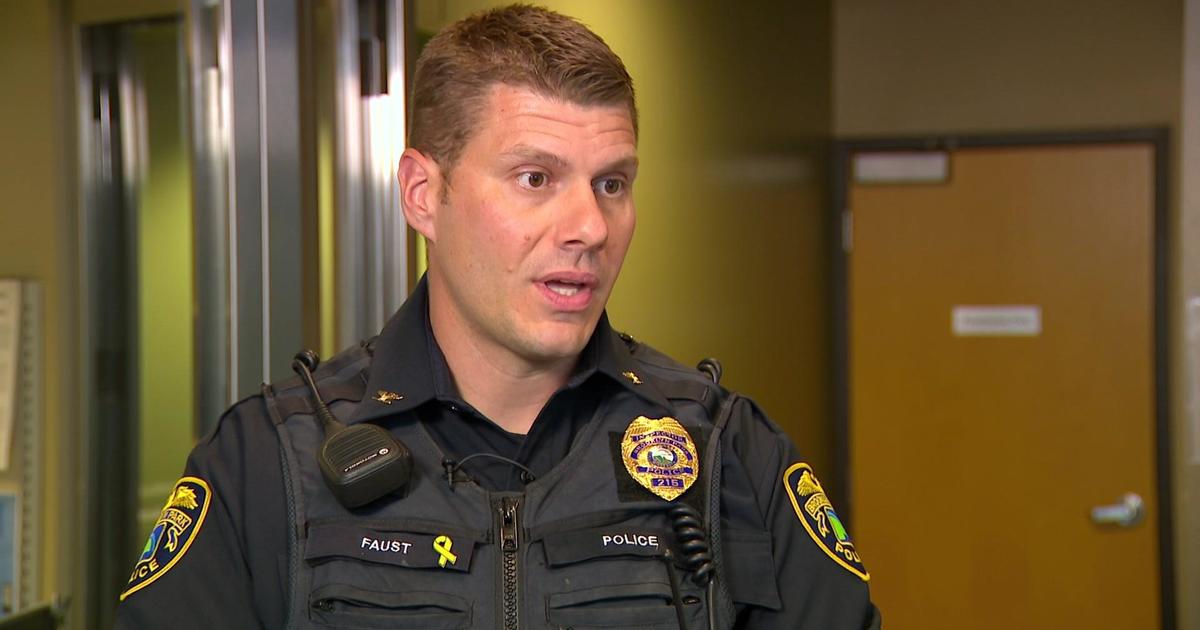DeBlog: Are The Rich Treated Better In The Justice System?
MINNEAPOLIS (WCCO) -- On Tuesday night, we did a Good Question on whether rich/prominent people get special treatment in the justice system. We thought it made sense to interview an attorney who's won some and lost some for prominent clients, Joe Friedberg.
Friedberg argued that rich people get no benefit in front of a jury, and when it comes to charging decisions. In fact, he argued they may have an obstacle in that Minnesota prosecutors, police and jurors work so hard to avoid the appearance of giving special treatment, they may be tougher on prominent people.
Some people on Twitter (rightly) asked if I got the perspective of a public defender who represents more poor people. That was a great idea, and I reached out to Bill Ward, the chief public defender for Hennepin County.
Since I didn't talk to Bill on camera, I wanted to publish his comments here:
On Arrests:
"Our agency represents roughly 85 to 90 percent of the accused caught up in the criminal justice system. I do believe there are subtle differences in treatment -- I'll get to that in a moment -- but not in the way folks probably think. To use the Senser case for instance, it is important to understand that the police cannot just grab people and bring them down to the station and interrogate them. To arrest, there must be probable cause. My guess -- and it is merely speculation -- is that the police are continuing to investigate to attempt to establish probable cause."
The Rich Hire Good Attorneys:
Ward echoed Friedberg's remark that people with money tend to hire a good lawyer, who will advise them (generally) to not talk to police.
"In a way, if a person has the means and the wherewithal they will contact an attorney and will be appropriately advised (this isn't necessarily associated with socioeconomic status though -- it is more with education)," he said.
The Rich Post Bail:
"To the subtle and not so subtle differences. If an individual has the means, upon arrest they will be able to post bail and not sit in jail until the case is resolved. This is a huge difference in how the poor are treated differently. The pressures of wanting to be released to be with family are not present and allows the attorney to do a full investigation to prepare for resolution or litigation. As we move forward with technologies and efficiencies in the criminal justice system in this state, this will become more apparent with the increased use of ITV (i.e. the poor may appear in court by ITV from the jail while the well-heeled will have posted bond and will appear before the judge in person)."
The Rich Pay Restitution:
"Another example is in cases involving making the complainant whole -- restitution. If an individual has the means to pay the damages or loss, it can help resolve the case with potentially less sanctions against the accused (complainant is made whole). If unable to come up with restitution up front, the accused will be placed on probation and will need to pay "probation fees" until the complainant is made whole (these examples obviously reflect issues on more minor accusations/charges)," said Ward.



